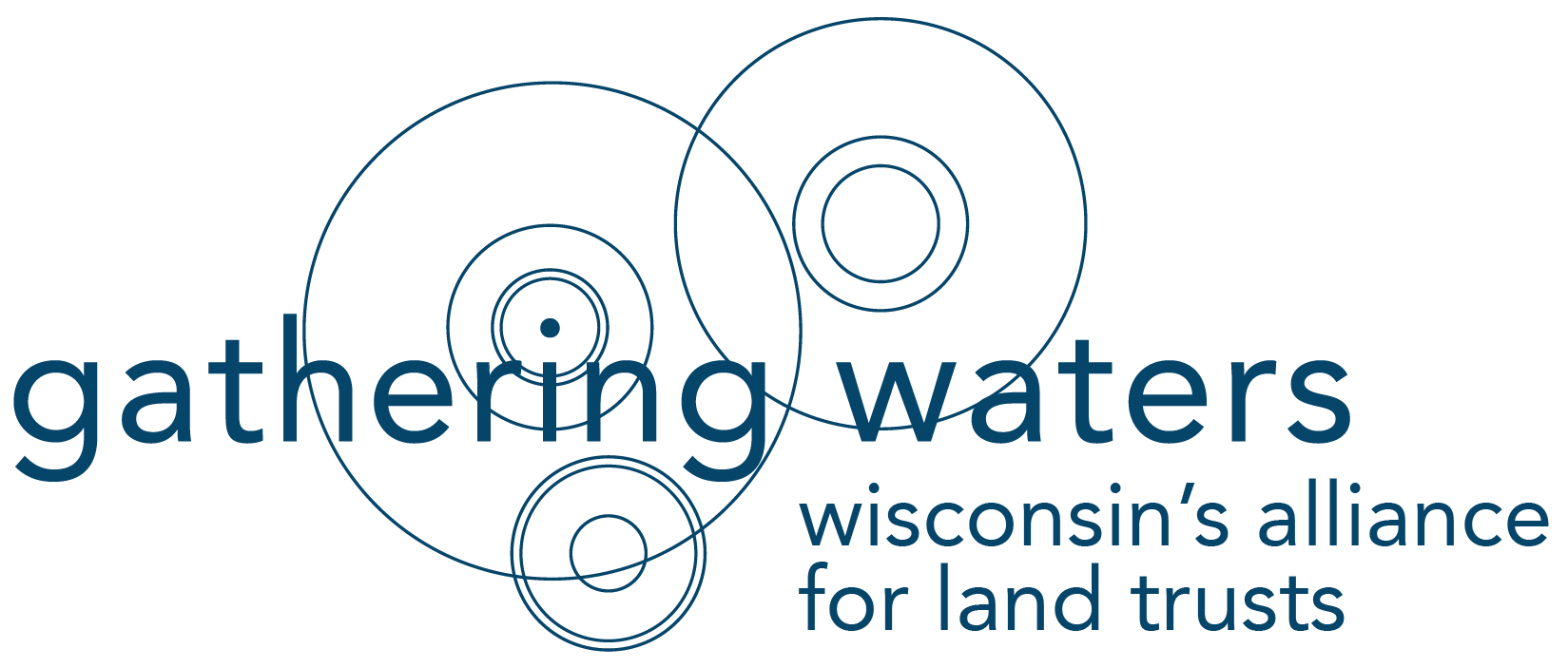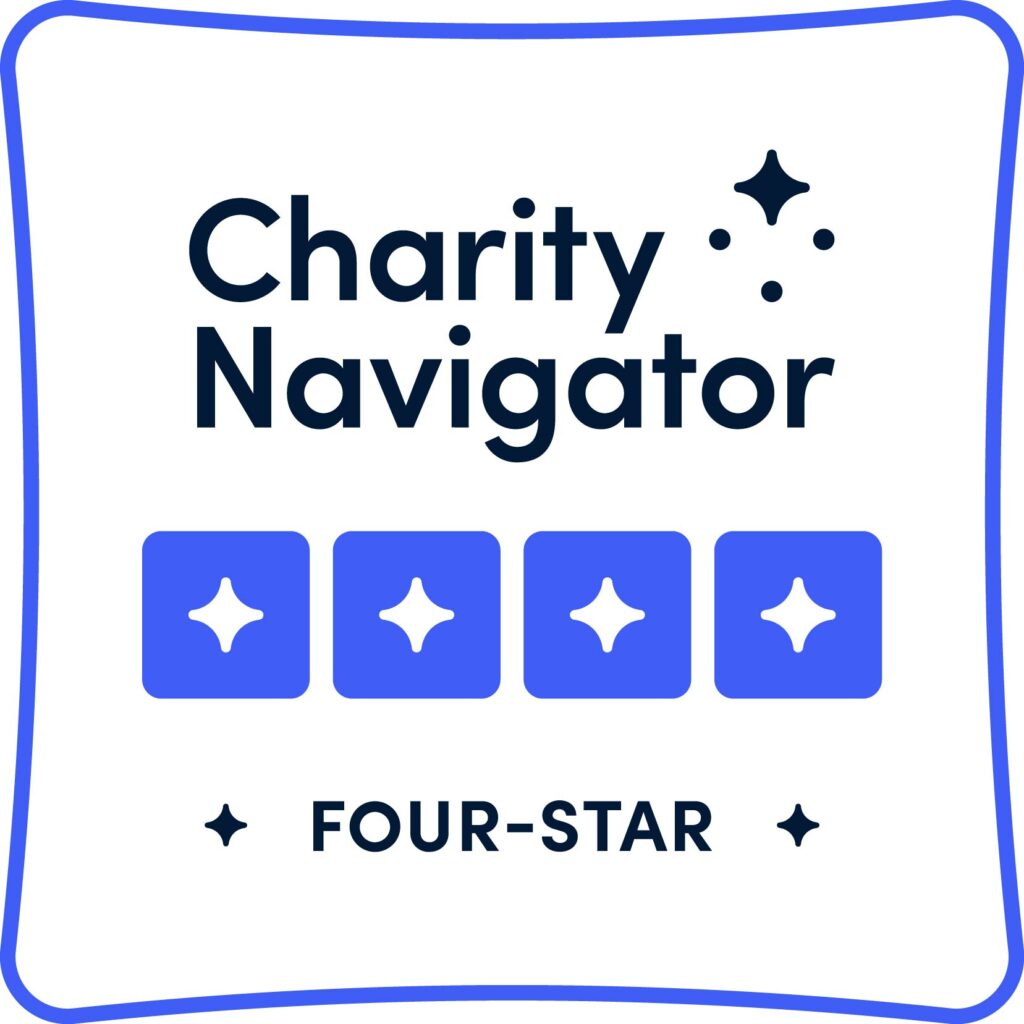Our Government Relations Director, Mike Carlson, and GWC Board member, Tia Nelson recently visited Washington, D.C. to discuss important conservation issues with Wisconsin’s Congressional delegation and agency officials from the U.S. Forest Service. They also met representatives from other land trusts from the Great Lakes region, including the Western Reserve Land Conservancy from Ohio and the Leelanau Conservancy from Michigan.
The meetings focused on three major issues: the federal tax incentive for the donation of conservation easements, Great Lakes Restoration Initiative (GLRI) funding for land conservation through the Coastal and Estuarine Land Conservation Program (CELCP), and the federal farm bill. Over a period of two days, Mike and Tia met with staff from nearly all of Wisconsin’s Congressional delegation, and even had an opportunity to meet face-to-face with Senator Herb Kohl. Mike also had the opportunity to join Brian Price from Leelanau Conservancy in a meeting with Michigan Senator Debbie Stabenow and her staff.
We at Gathering Waters were pleased to discover that after the visit Representative Tom Petri agreed to co-sponsor H.R. 1964 (also known as the Conservation Easement Incentive Act). We’re hoping to get Representative Petri together with one of his local land trusts – the Green Lake Conservancy – soon to thank him for his support and show him some on-the-ground examples of conservation in his district.
Later this month, GWC Executive Director Mike Strigel will travel back to Washington to advocate with the Healing Our Waters Coalition to see that the Great lakes Restoration Initiative remains a viably funded program in the coming years. He’ll also have the opportunity to demonstrate land trusts potential as partners within that important program designed to enhance our Great Lakes.
These trips to D.C. are part of an effort, articulated in our strategic plan, designed to enhance GWC’s federal policy engagement and to partner more closely with the Land Trust Alliance and land trusts throughout the Great Lakes Region. We see opportunities to leverage expertise, resources, and relationships to impact federal conservation issues in the coming years.


